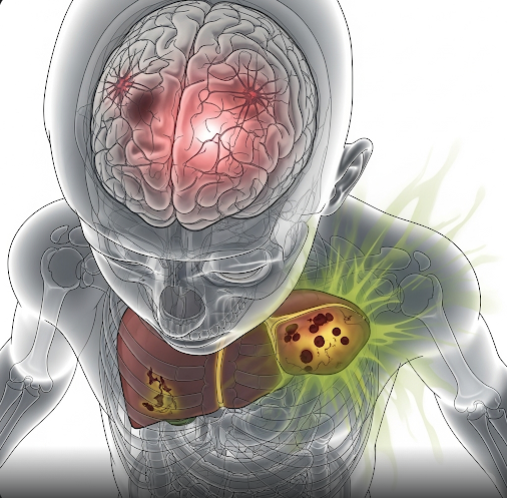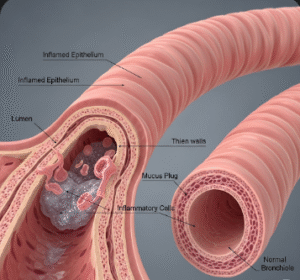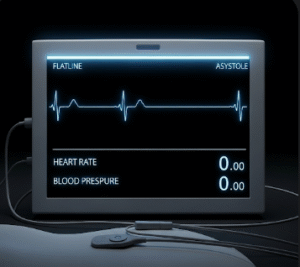Overview
Reye’s Syndrome is a rare but serious condition that causes sudden swelling in the liver and brain, primarily affecting children and teenagers recovering from viral infections. Early recognition and treatment are crucial to prevent severe complications or death. In Korea, hospitals are equipped with advanced pediatric intensive care units and diagnostic facilities to manage Reye’s Syndrome effectively.
What is Reye’s Syndrome?
Reye’s Syndrome is a rapidly progressing disease that leads to acute encephalopathy (brain swelling) and fatty liver degeneration, often following viral illnesses like influenza or chickenpox. It is strongly associated with the use of aspirin or salicylate-containing medications in children during viral infections.
Symptoms
- Persistent vomiting
- Confusion or altered mental status
- Irritability or aggressive behavior
- Lethargy or drowsiness
- Seizures or convulsions
- Loss of consciousness
- Rapid breathing
Causes
- Exact cause unknown, but linked to aspirin use in children with viral infections
- Viral infections such as influenza, varicella (chickenpox), or gastroenteritis
- Possible mitochondrial dysfunction triggered by environmental factors
Risk Factors
- Children and teenagers recovering from viral infections
- Use of aspirin or salicylate-containing medications during illness
- Certain metabolic disorders or genetic predispositions
Complications
- Severe brain swelling causing coma
- Liver failure
- Brain damage or neurological deficits
- Death if untreated promptly
Prevention
- Avoid giving aspirin or salicylates to children and teenagers with viral illnesses
- Use alternative fever and pain medications like acetaminophen or ibuprofen
- Early medical evaluation of children with prolonged vomiting or altered consciousness
Treatment Options in Korea
Korean pediatric hospitals provide intensive care and supportive treatment for Reye’s Syndrome:
- Early Diagnosis: Blood tests, liver function tests, and brain imaging to confirm diagnosis and assess severity.
- Supportive Care: Intensive monitoring of brain function, fluids, electrolytes, and nutrition.
- Medications: To control brain swelling (e.g., mannitol), seizures, and other complications.
- Mechanical Ventilation: In severe cases, to support breathing.
- Multidisciplinary Care: Coordination among pediatricians, neurologists, and critical care specialists for optimal outcomes.













